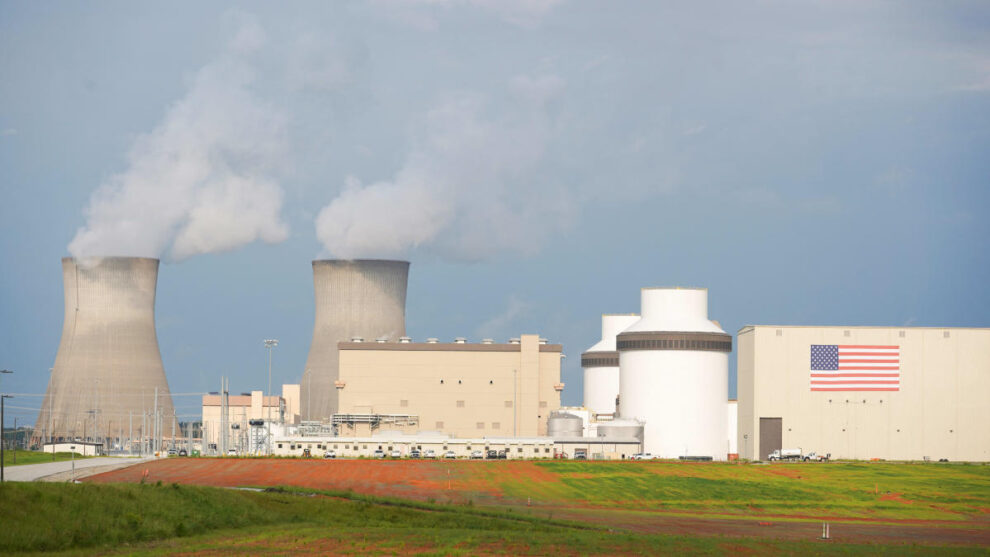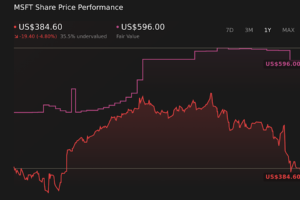Nuclear energy has come into focus after Microsoft (MSFT) signed a deal with Constellation Energy (CEG) to reopen a dominant nuclear plant to power its artificial intelligence (AI) initiatives. Aniket Shah, Jefferies’ global head of sustainability and transition strategy, joins Julie Hyman and Josh Lipton on Market Domination to break down the state of the transition to clean energy.
Shah tells Yahoo Finance, “I’m surprised that the world is surprised about this moment,” nodding to the commitments made by the US to triple nuclear power capacity by 2050. He says “We all knew that we were going to have more power demand and that nuclear was going to play a role in this.”
The analyst says, “Big Tech is going to make [the nuclear transition] happen… the early indication is that Microsoft is willing to pay a considerable premium for both firm power and clean power. Of course, remember, Microsoft wouldn’t be paying this if it just wanted firm power because you could go down the path of natural gas, but they want to stick to their climate commitments. So where do you get all this low-carbon power? It’s going to be nuclear but at a significant premium. We’re seeing numbers at $100 to $120 per megawatt hour.”
He adds that “there’s bipartisan agreement around nuclear in this country,” highlighting that New York Senator Kirsten Gillibrand and former President Donald Trump have both indicated they support nuclear energy despite their political differences.
“If you see what’s happening in Washington with both parties coming together on nuclear, you see the ADVANCE Act very specifically getting passed in a bipartisan basis just a few weeks ago to speed line nuclear approvals. The building blocks are coming together. Now the question is, can you actually get it done? And getting it done is going to be hard. It’s going to be long. In fact, in the United States, we don’t have the skills and the capacity to do this right now. So the whole industry needs to get formed and we get to see it in live time.”
Shah suggests natural gas may be the best way for investors to play the energy space in the near term. “I think in the short run, natural gas is the big winner in all of this in this increased power demand, because we know how to do that. It can happen quite quickly. US natural gas prices are quite low, and the US is going to be a major center for AI and this whole power boom.”
He adds, “As interest rates come down, owning solar stocks will be a very good trade over the next six months to a year.”
In the long term, he highlights “the carbon capture space. If natural gas remains a part of our ecosystem, then I think climate commitments will also stay part of it. So you’ll need carbon capture for those natural gas facilities, and there are many ways to play that in the public equity markets. And I think if you look longer out, I’m actually very interested in the carbon removal space.”
For more expert insight and the latest market action, click here to watch this full episode of Market Domination.
This post was written by Naomi Buchanan.







